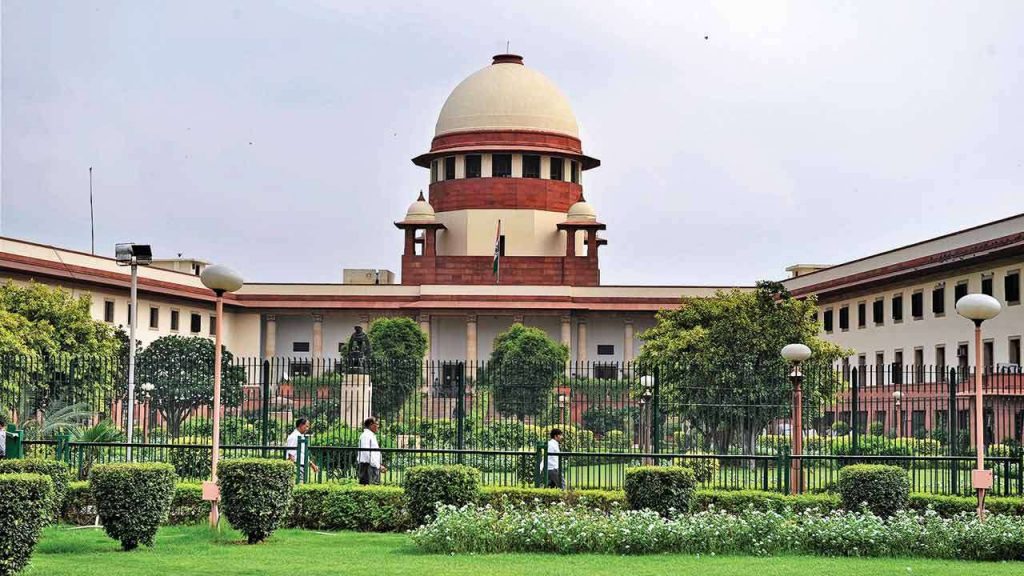New Delhi: In order to reduce pendency of cheque bounce cases which have reached 35 lakh across courts, the Supreme Court asked Thursday the Centre whether it can create additional courts for expeditious disposal of such matters. A Supreme Court bench of Chief Justice SA Bobde and Justices L Nageswara Rao and S Ravindra Bhat asked Additional Solicitor General Vikramjit Banerjee to inform it by next week whether the central government was willing to create additional courts under Article 247 for speedy disposal of cases under Negotiable Instrument Act (NI ACT). Banerjee said he would seek instruction and inform the court by next date of hearing.
Article 247 of the Constitution gives power to Parliament to establish certain additional courts for the better administration of laws made by it or of any existing laws with respect to a matter enumerated in the Union List.
The top court was hearing a suo motu case to work out a mechanism for expeditious and just adjudication of cases relating to dishonour of cheques, fulfilling the mandate of law and reduce high pendency.
The bench told Banerjee and senior advocate Siddharth Luthra, appointed as amicus curiae in the matter, that there are certain judgements which say the legislature is duty bound to conduct an impact assessment before creating of a new offence under the law.
It sought to know whether the government was under obligation for establishing additional courts to deal with cases under the NI Act, which is a central law. Luthra gave certain suggestions to the court for evolving a mechanism for speedy disposal of such cases including sending of summons electronically through e-mail or social media.
Luthra also said that many cheque bounce cases are stuck in courts due to non-service of summons and since now most of the things are linked with Aadhaar, the summons can be served electronically.
Luthra further suggested that if a person absconds then under section 83 of CrpC attachment proceedings can be initiated and his bank accounts could be attached because he may not be found but his account can be traced.
The bench sought to know from Luthra whether bank account of which the cheque was issue will be seized or any bank accounts can be attached. Luthra said that under section 83, any properties of the accused can be attached therefore any bank account can be seized. He further suggested that mediation proceedings should be encouraged by the courts and cases which are in appeal can also be sent for mediation at least once for amicable settlement.
The bench said it will continue hearing the issue next week and sought to know the Centre’s view on the issue.
